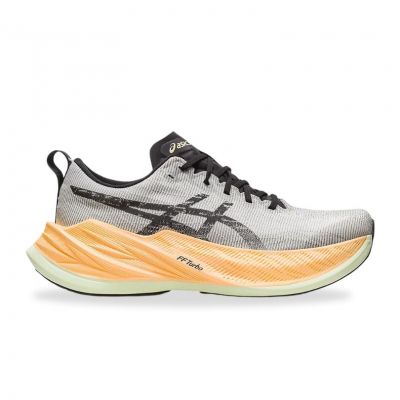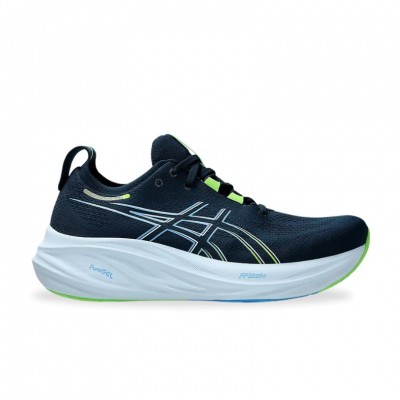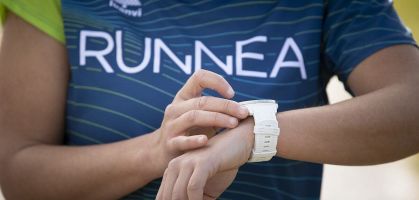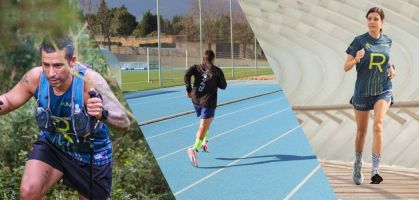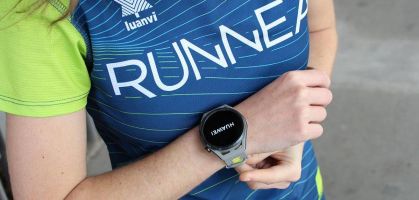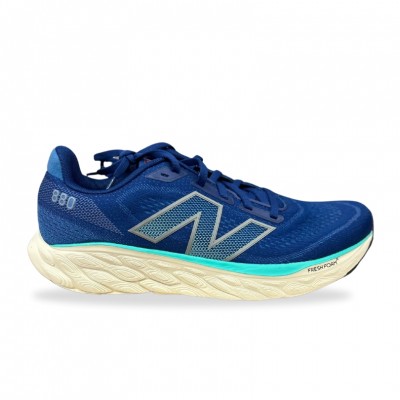I'm sure it happens to you too, we frequently come across runners who, without following a very strict training regimen or a balanced diet, manage to outperform us in races or personal bests. And this leads us to a fundamental question: To what extent do our genetics determine our running performance? At RUNNEA we want to not only explore the genetic influence on our abilities as runners, but also offer a guide to understand how we can use this knowledge to our advantage.
Not sure which running shoe to choose?
In a few simple steps we help you to choose the ideal running shoe for you
Go to the Shoe Finder
Genetics: The secret and unique code of every runner
Genetics is the set of instructions that makes us unique, influencing everything from our physical appearance to our athletic abilities. In the context of running, certain genes play a crucial role in determining our performance and athletic potential. Understanding these genetic aspects allows us to better adapt our training and running strategies.
Muscle fibers
Genetics determines the distribution of muscle fiber types in our body, which is critical to performance in different types of running:
- Slow twitch (Type I) fibers: These fibers are more efficient at using oxygen and are ideal for endurance activities. Runners with a higher proportion of these fibers tend to excel in long-distance races, thanks to their ability to maintain a sustained effort for prolonged periods.
- Fast twitch fibers (Type II): These fibers are best for short bursts of energy and are crucial for sports that require speed and power. Sprinters tend to have a higher proportion of these fibers, allowing them to quickly generate strength and speed.
VO2 Max: The Genetic Window of Endurance
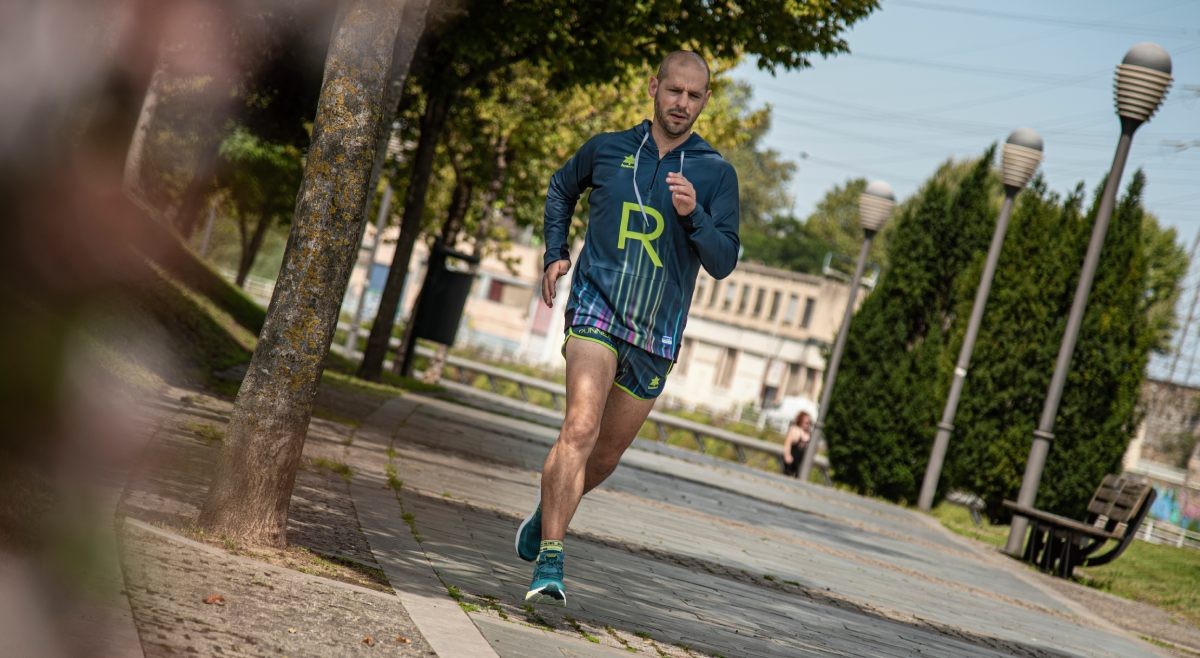
VO2 max, which measures the maximum amount of oxygen the body can use during intense exercise, is a key indicator of endurance capacity. While training can improve your VO2 max, there is a genetically determined upper limit. Understanding this limit can help runners set realistic goals and optimize their training to maximize their genetic potential.
Energy metabolism
The efficiency with which our bodies produce and use energy, especially during exercise, is influenced by our genetics. This includes the production of ATP, the body's 'energy currency'. Some runners have a genetic predisposition to metabolize energy more efficiently, which gives them an advantage in endurance activities.
The genes that define whether you are going to be one type of runner or the other

Two genes stand out for their relevance in the performance of runners:
- ACTN3 gene: This gene is associated with the presence of the 3 protein in fast twitch fibers. Its presence is an indicator of a greater capacity for sports requiring explosiveness and speed.
- ACE gene: This gene influences the regulation of blood pressure and blood flow, key factors for endurance performance. A favorable variant of the ACE gene can improve oxygen utilization and efficiency in long-distance running.
The genes of elite athletes
When looking at elite athletes, especially in marathons, we notice a concentration of talent in regions such as Kenya or Ethiopia. Genetic studies have identified specific variations in these populations that correlate with superior endurance performance, highlighting the importance of genetics in athletic potential.
Practical application of genetics in training

Understanding your genetic predispositions does not mean accepting an immutable destiny. On the contrary, this knowledge allows you to customize your training to take advantage of your natural strengths. If your genes favor endurance, focusing on endurance training and long-distance running may be more beneficial. On the other hand, if you have a genetic predisposition toward sprinting, incorporating interval training and power exercises can improve your speed and strength.
Deciphering your Running DNA: Are you a 10K runner or a marathon runner?

To determine whether your body is best suited to run a 10K or a marathon, you can consider several approaches that combine everything from self-assessment to physiological testing and, if possible, genetic analysis. Here's how you can do it:
Self-assessment and personal experience.
- Training and race history: Look at your past results at different distances. If you tend to have better times or feel more comfortable at shorter distances like 10K, it could be an indication of your natural inclination.
Consider how you feel during and after races. If you recover quickly from short, intense efforts, you may be more inclined toward the 10K.
- Response to training: Evaluate how your body responds to different types of training. If you do better with speed and interval training, you may have a predisposition for shorter races.
If you excel at endurance training and long distances, you may have a natural inclination toward marathons.
Music & Running
Una nueva manera de entrenarPhysiological Tests
- VO2 Max test: This test measures the maximum amount of oxygen your body can use during intense exercise. A higher VO2 max is generally beneficial for long distance running.
- Lactate Testing: These tests determine how your body handles lactate during exercise. Good lactate tolerance and management are crucial for long distance races such as marathons.
Genetic testing
There are specific genetic tests that can provide information about your muscle fiber composition and other factors related to performance over different distances.
These tests can identify genetic variants associated with endurance or speed.
Personal preference and motivation
Sometimes personal preference and motivation can be as important as physical predisposition. If you enjoy one distance more than another, that can significantly influence your performance.
- Experience and age: Over time, runners can develop greater endurance and shift their focus from shorter distances to marathons.
- Coaching advice: An experienced coach can help you evaluate your performance and give you a professional perspective on your potential at different distances.
Read more news about: Running Training












